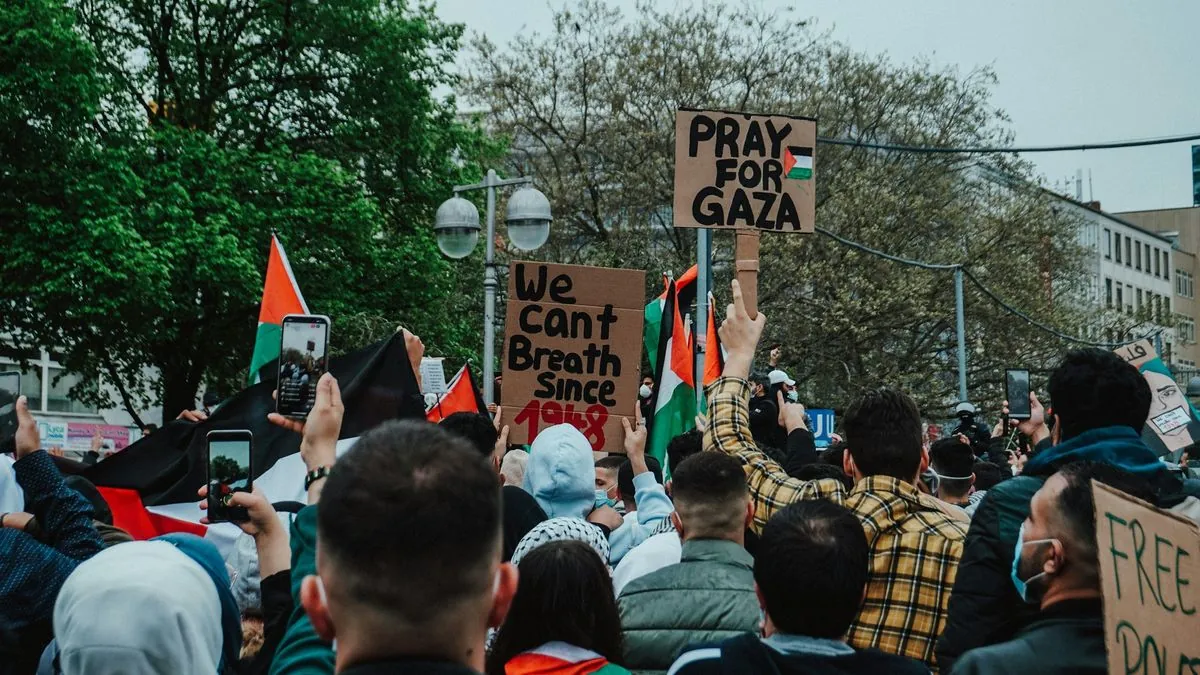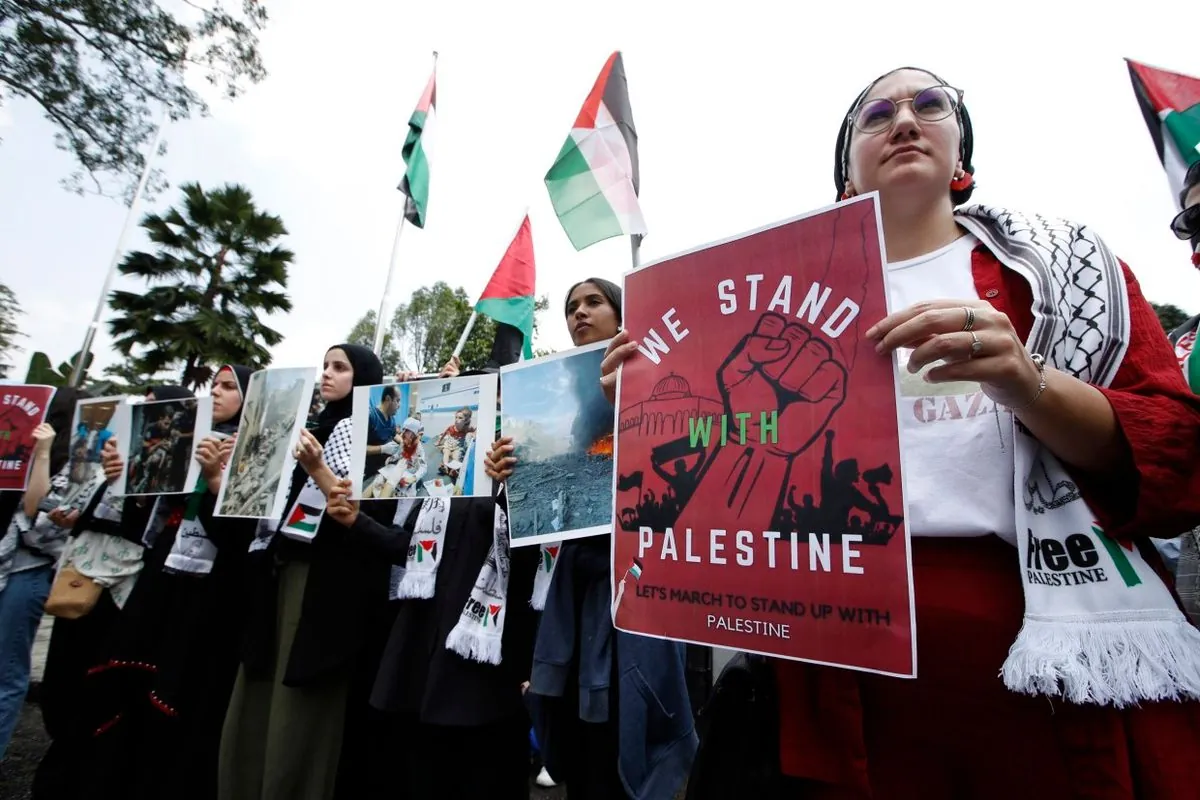Trump's Arab American Outreach Faces Uphill Battle Amid Gaza Conflict
Massad Boulos, Trump's unofficial envoy to Arab and Muslim communities, attempts to sway voters disillusioned with Biden's Gaza policy. The effort highlights shifting political allegiances in a crucial election year.

In a surprising turn of events, Donald Trump's campaign is making efforts to court Arab and Muslim American voters, traditionally aligned with the Democratic Party. This outreach, spearheaded by Massad Boulos, father-in-law to Trump's daughter Tiffany, comes at a time when many in these communities express deep dissatisfaction with the Biden administration's handling of the ongoing conflict in Gaza.
Boulos, who refers to himself as Trump's "envoy" to Arab and Muslim American communities, has been actively engaging with voters in key swing states. His message centers on the claim that Trump would be more effective in ending the Israel-Gaza war and supporting Palestinian interests. This assertion, however, faces significant challenges given Trump's past rhetoric and policies towards Muslims and Arabs.
The Israel-Gaza conflict, which began on October 7, 2023, with a Hamas-led attack on Israel, has become a pivotal issue for many Arab and Muslim American voters. The war has resulted in widespread destruction in Gaza and a humanitarian crisis that has galvanized political activism within these communities.

In Michigan, home to the largest Arab American population in the U.S., the "uncommitted" movement in the Democratic primaries garnered significant support, reflecting discontent with the current administration's approach to the conflict. This political shift has not gone unnoticed by the Trump campaign, which sees an opportunity to gain support in crucial swing states.
"Trump is a dealmaker. He is a businessman. He will get a deal on the table and make a deal."
However, Trump's history with Muslim and Arab communities presents a significant hurdle. His 2017 travel ban on citizens from seven Muslim-majority countries and various controversial statements have left many skeptical of his intentions.
The political landscape for Arab and Muslim American voters has evolved significantly over the past few decades. Prior to the 9/11 attacks and subsequent "War on Terror," these communities largely supported the Republican Party. The shift towards the Democratic Party accelerated during the George W. Bush administration and continued through Trump's presidency.
Now, with the Gaza conflict at the forefront of many voters' minds, both major parties face challenges in securing support from these communities. The Biden administration's inability to broker a lasting ceasefire in Gaza has led to frustration and disillusionment among many Arab and Muslim Americans.
As the November 2024 election approaches, the impact of the Arab and Muslim American vote remains uncertain. In states like Arizona, where the margin of victory in 2020 was slim, the estimated 61,626 Arab American voters of voting age could potentially sway the outcome.
The Trump campaign's outreach, while facing significant obstacles, underscores the growing political importance of Arab and Muslim American voters. As the conflict in Gaza continues to shape political discourse, both parties will need to address the concerns of these communities to secure their support in what promises to be a closely contested election.


































